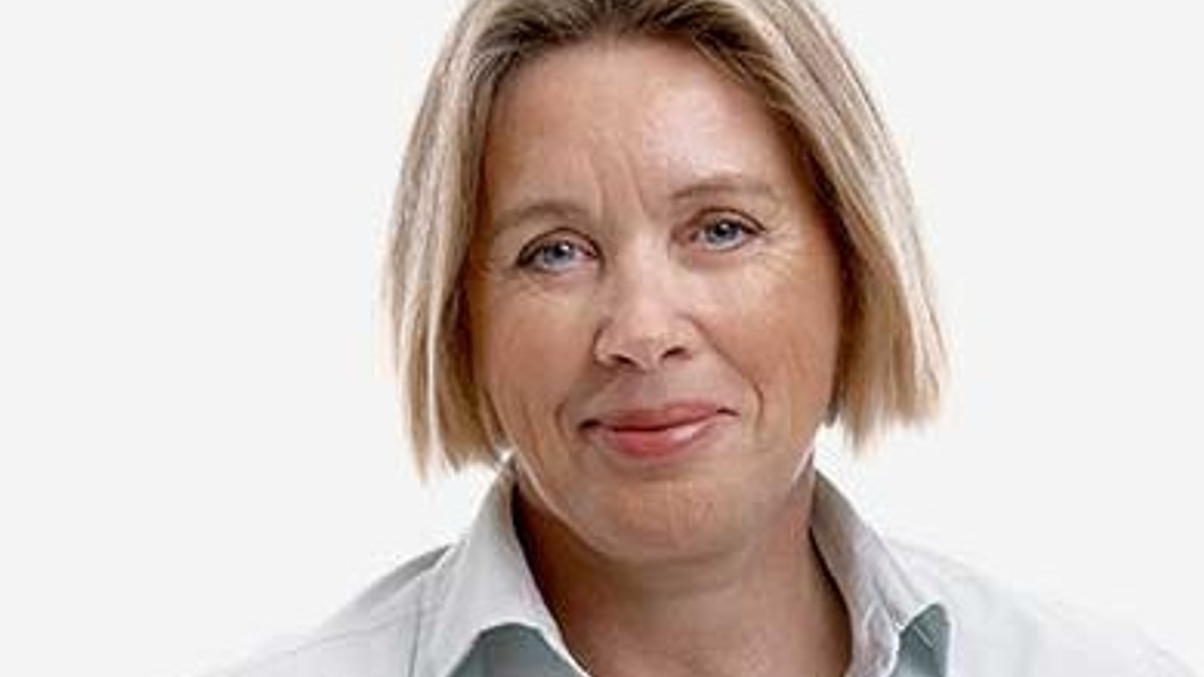Asset owners seen insourcing to cut costs
Many pension funds are choosing to internalise investment management because it's cheaper than using external firms, says a group of asset owners and consultants.

Asset owners across the world are increasingly choosing to internalise more of their investing strategies, in large part to save on fees paid to fund managers, according to a set of experts.
Sign in to read on!
Registered users get 2 free articles in 30 days.
Subscribers have full unlimited access to AsianInvestor
Not signed up? New users get 2 free articles per month, plus a 7-day unlimited free trial.
¬ Haymarket Media Limited. All rights reserved.


